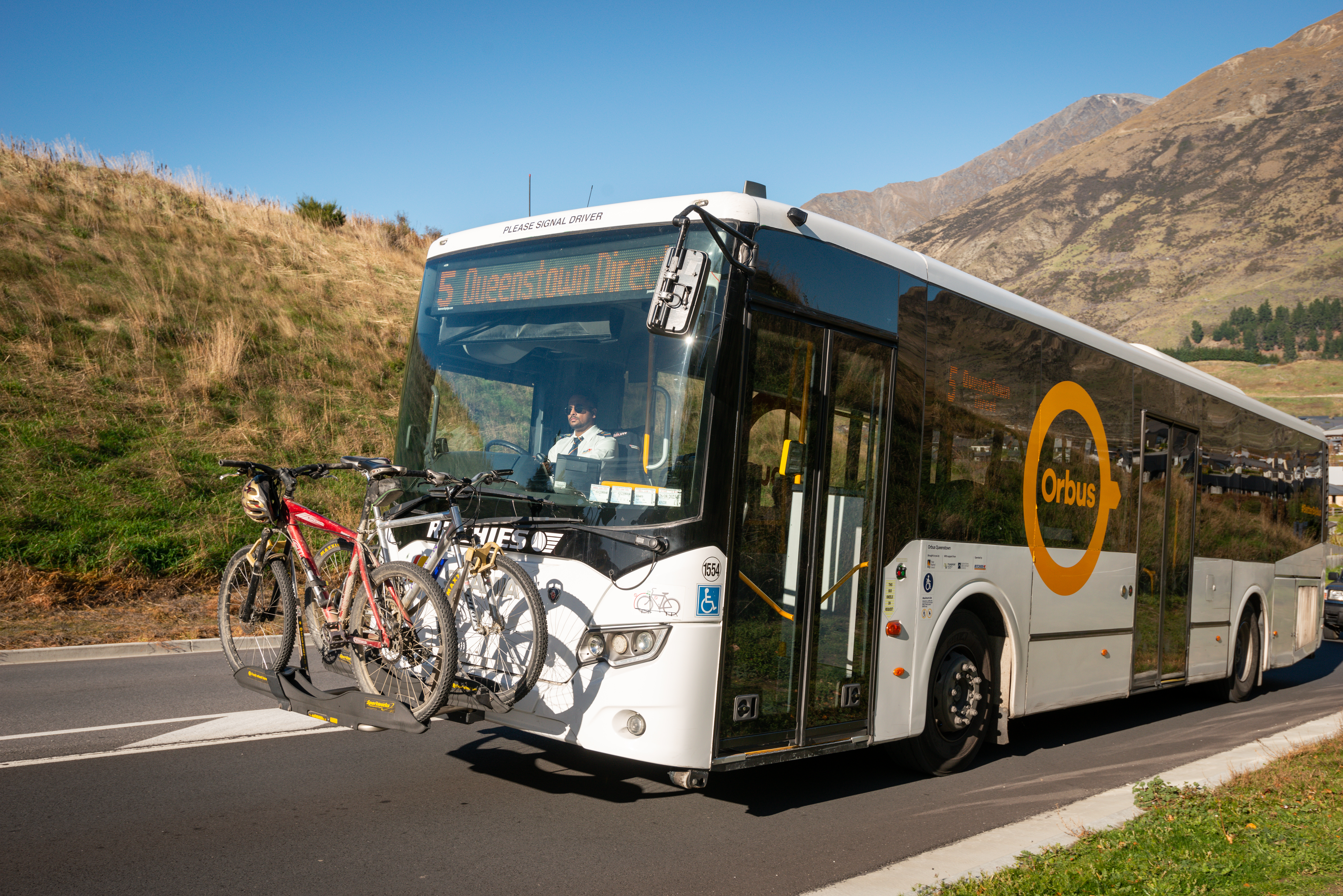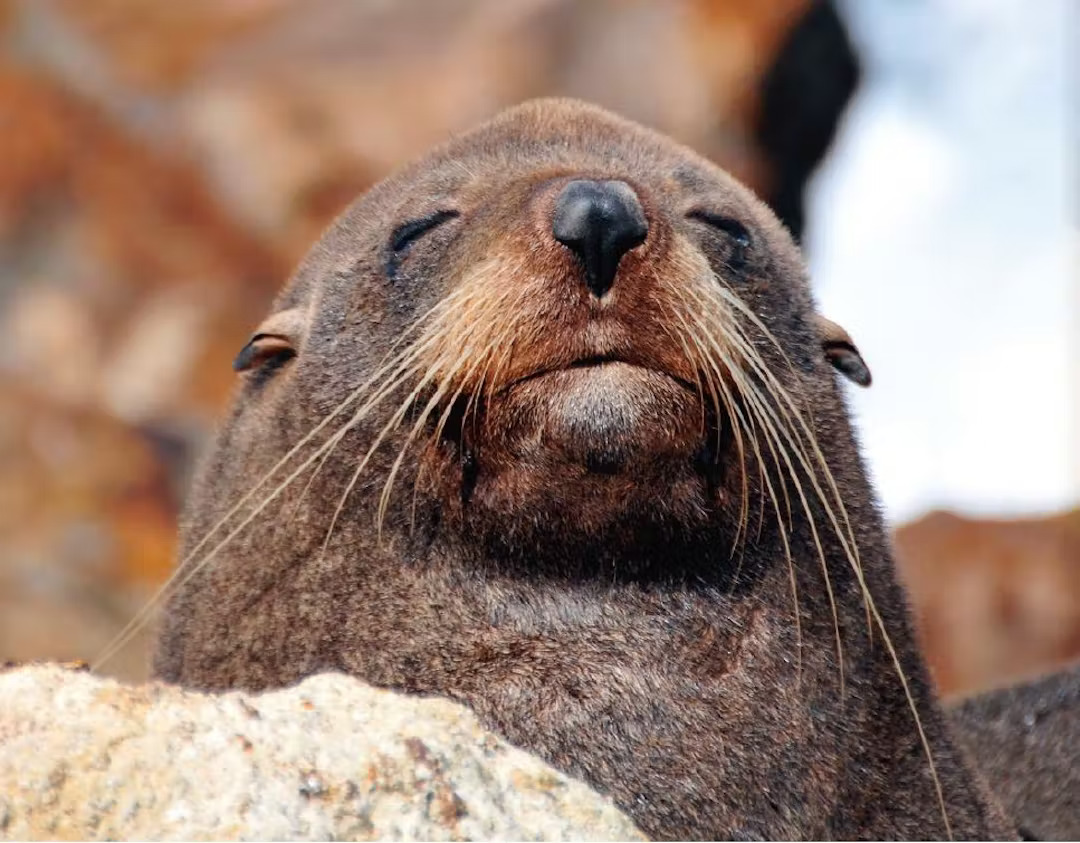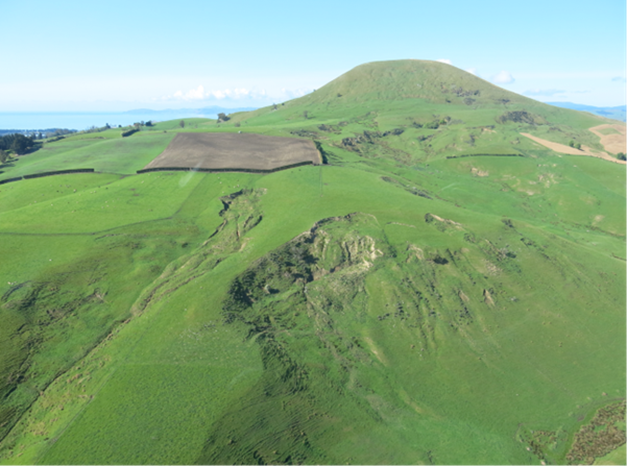-
-
-
-
-
-
-
-
-
-
-
How rates are used
-
-
-
-
-
-
-
Rates collected by the Otago Regional Council (ORC) contribute to improving public transport, conducting water and air quality monitoring, fostering biodiversity conservation, providing regulatory services, and managing emergencies. These efforts are all geared towards safeguarding the welfare and sustainability of Otago's residents, infrastructure, and natural surroundings.
The rates you pay directly help ORC’s work to protect Otago’s natural resources — water, land and air on behalf of the community. Our work includes flood protection, natural hazard adaptation, public bus services, a ferry service in Queenstown, compliance and a regional response to natural disasters when needed. All of this helps to address regional issues and keep people and properties safe.

| Transport | $46.63M |
| Environment | $33.89M |
| Regional Leadership | $32.33M |
| Climate Change & Resilience | $19.63M |
| Council Organisation | $8.15M |
 Public transport Dunedin, Ōamaru and Queenstown
Public transport Dunedin, Ōamaru and Queenstown
This work programme covers the operation of the region’s public transport service. The ORC contracts operators to provide bus services in Dunedin, bus and ferry services in Queenstown, and the Total Mobility scheme across the region. Orbus, our public transport network, is our largest work programme.
Regional land transport plan
ORC’s regional land transport plan is developed every six years and reviewed after three years of operation. A new plan was completed for the 2021-2031 period. It outlines proposed transport network improvements, including electric buses, a dedicated Mosgiel bus route, and plans for a ‘park and ride’ option.

Water and Land
It’s important to look after the health of our region’s water bodies. Kāi Tahu hold that when the natural environment is strong and healthy, so too are the people and their mana.
Most of Otago’s rivers and lakes are swimmable and widely used for recreation. Freshwater is also frequently used for agriculture and electricity.
We assess and monitor the health of Otago’s water - both fresh and coastal water. This includes investigating risks and issues likely to affect them. We support sustainable land management practices and environmental initiatives that enhance our region’s water bodies and coast.
Air
ORC monitors air quality and pollutant emissions and their sources. We have monitoring stations across the region.
In Otago, our biggest problem is solid or liquid particles in our air that are smaller than 10 micrometres. This PM10 and PM2.5 particulate matter harms human health when inhaled and can cause and exacerbate respiratory and cardio-vascular illnesses. Young children, elderly people, pregnant women, and those with pre-existing conditions are the most vulnerable.
Air pollution in Otago is mostly driven by emissions from home heating, and is mostly observed in winter.
Biodiversity and biosecurity
Past and current human activities threaten our region’s biodiversity. Examples include invasive species (both weeds and predators), vegetation clearing, poor water quality (nutrient and sediment pollution), and dredging and overfishing. Climate change adds further risks to this list.
To combat this decline, ORC leads collaborative biodiversity programmes and initiatives. We lead pest and biosecurity management and promote and support initiatives with communities and farmers to protect and enhance Otago’s biodiversity and ecosystems.
 Governance and engagement
Governance and engagement
Our partnership with Kāi Tahu and iwi liaison supports Otago’s elected regional council representatives in completing their duties. We also connect councillors with the community and offer advice and information to support their direction setting and decision-making.
Regional planning
We provide a framework and advice for leadership and activities based on resource management legislation and associated national direction. The Regional Policy Statement (RPS) is a critical component of regional planning as it sits across the various plans that the ORC has developed under the Resource Management Act. These include water (freshwater, land and coast), air and waste.
We work with our partners including Dunedin, Central Otago, Clutha, Queenstown-Lakes and Waitaki councils to implement our RPS.
Regulatory
As a regulatory authority we ensure that activities in Otago are consistent with national and regional rules. Our regulatory work includes:
- consent processing
- compliance monitoring of consents and permitted activities
- incident response, investigations and enforcement
- harbours and waterway management

Natural hazards and climate change
The Otago region is exposed to a wide variety of natural hazards that affect people, property, infrastructure and the wider environment. Hazards range from coastal erosion and flooding in lowland coastal areas to landslips, rock falls, and river and lake flooding in alpine areas. We need to consider how these hazards interact and the risk and uncertainty caused by climate change.
We share information and provides warnings about natural hazards and climate change. We also engage with people, communities, iwi partners, and other stakeholders to develop partnerships and implement projects that address natural hazards, adapt to climate change and increase awareness and understanding.
Flood protection, drainage and river management
ORC operates and maintains seven flood protection and drainage schemes throughout Otago. Flood protection schemes aim to protect people and property from floods, while drainage schemes maintain the productive capability of land within the limitation of the flood protection schemes.
We maintain, renew, and develop infrastructure and maintain the capacity and stability of river and stream channels.
Emergency management
We provide emergency management in partnership with councils, emergency response organisations and other stakeholders. We coordinate hazard reduction, readiness, response and recovery for emergency events.

This rate helps to cover the cost of the harbourmaster service — navigation and safety in Otago’s harbours and waterways. This rate applies to all ratepayers except the Queenstown Lakes District, where a harbourmaster service is provided by QLDC. Every property pays the same amount.

This rate helps to cover the cost of ORC’s biodiversity, water quality, land and water implementation and catchment management activities. All properties pay this rate which is based on capital value.
